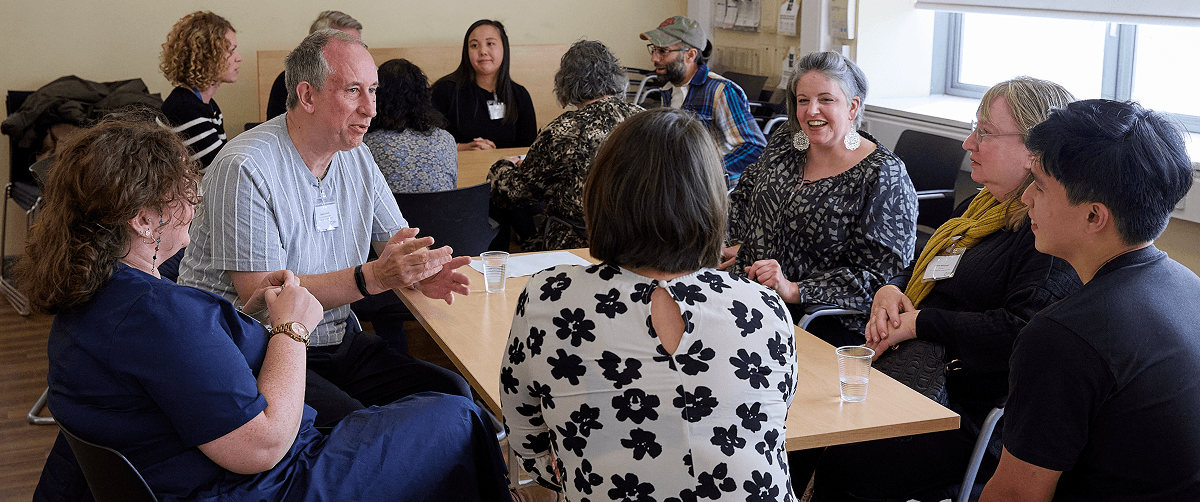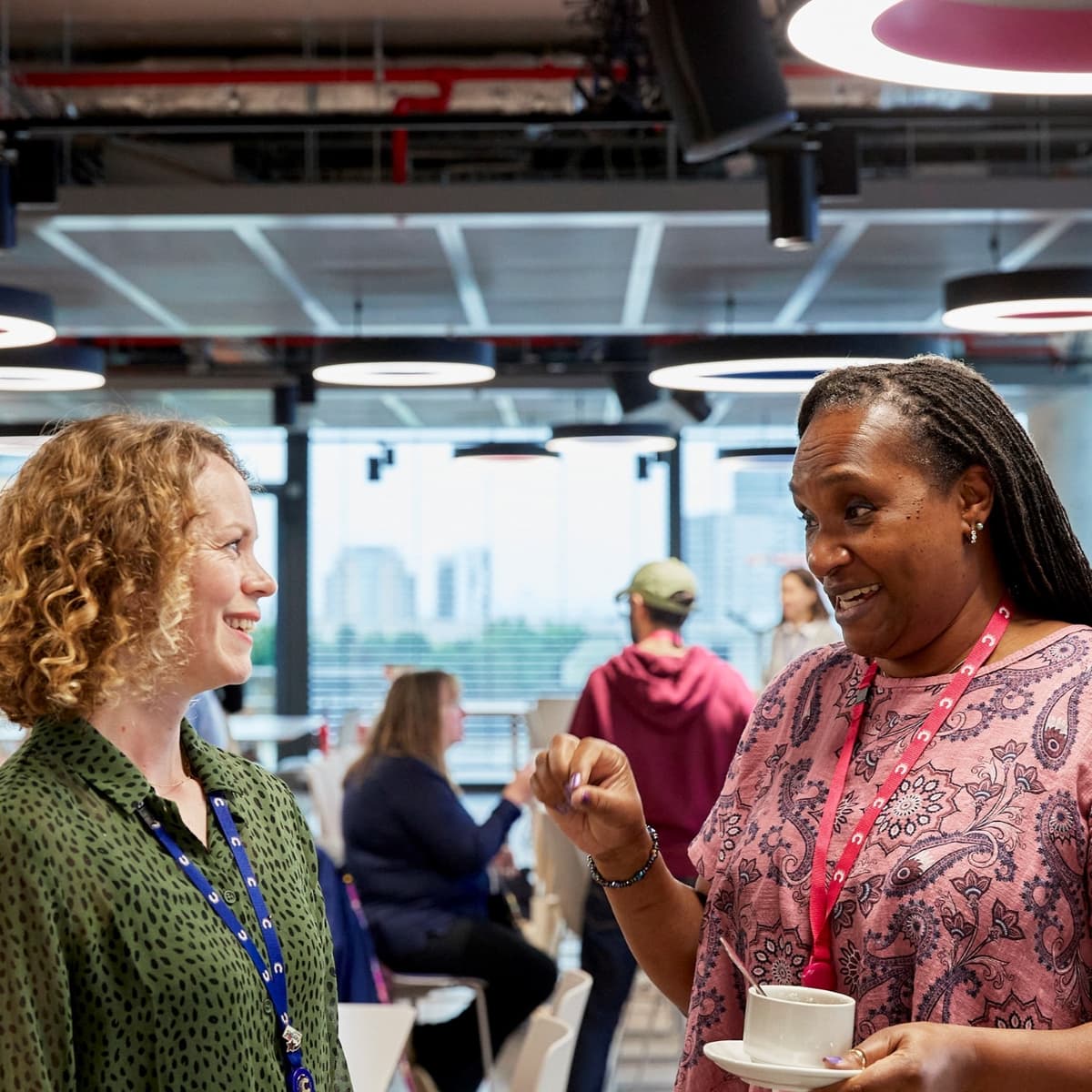
It's important to evaluate your involvement activities for a few different reasons. In addition to evaluating your involvement activity, you should also be sure to share how you have or will use the insights and feedback gathered from people affected by cancer and members of the public.
Evaluating your activity helps you to know what worked well, and what you can do better in the future.
Asking for feedback from PPI representatives who were involved can help you understand what worked well and what you can improve. It also keeps them engaged and shows that you respect and value them.
You should consider whether the involvement activity provided the information you need or if you should do some more insight gathering.
In the planning stage, you thought about what you wanted to find out or achieve through your involvement activity. After gathering these insights it is important to reflect on whether your aims have been met.
Checking this may highlight where further involvement could add value to your project. For example, if your activity has highlighted some key themes you want to delve deeper into or if you need to reach a wider demographic of people to represent your target population.
With the increased demand for PPI in research, you may be asked to demonstrate the impact the involvement had to your research in your progress reports. This is particularly the case if you’ve received funding to do it.
When we talk about the impact of PPI we mean any positive, negative or unplanned effects the involvement has led to.
PPI doesn’t always have to lead to a change. An impact could be that you moved forward without changing anything, but you were more confident it was the right approach. Or it could be that the impact of the involvement was on motivating you and your team, on bringing you closer to the cause, or on your understanding of the lived experience of people affected by cancer.
Seek feedback not only from the people you involved, but also from other researchers or team members.
You should welcome feedback from the people you've involved at any point. Let everyone know at the start that they’ll have opportunities to reflect on what’s working well, challenges, and what could be improved during the activity. Even if you haven’t had any feedback during the activity, be sure to seek feedback at the end.
It’s also good practice to seek regular feedback for ongoing or long-term patient involvement activities like advisory panels or PPI representatives. This will help both you and the people involved get the most from the involvement. It’s also an opportunity to update expectations and ways of working.
You may want to follow up with a phone call or a meeting to understand any of the issues and how you can address them.
You can use methods like surveys, face-to-face conversations, telephone interviews, or interactive workshops to gather feedback. It can be useful to start with a survey and use the responses to inform a group discussion or follow up conversations.
Once you’ve received feedback it’s important to acknowledge it and act upon it. Share a summary of the feedback along with what actions you and your team will take as a result.
Keep the people you’ve involved updated about the impact they’ve had on your work. This will help keep them engaged and motivated. It also demonstrates that you value them and that their involvement wasn’t a tick box exercise or tokenistic.
Consider sharing a brief reminder summary of the project, questions you asked them, what they shared and what you’ve done with those insights. Sometimes discussing your projects with people affected by cancer and members of the public will give you the confidence to know you are on the right track. It may help you make tangible changes to improve your project.
At times you may decide to change direction. If you choose not to take on some of their feedback, that’s also fine. Just be sure to explain why.
Either way, remember to let the people you've involved and who supported you know their impact, to help them stay engaged and understand the value of their contributions.
Thanking people can also help turn them into advocates for the important work that you do. Make sure they feel valued and know you appreciate them giving up their time to help shape your work. They will appreciate hearing from you.
After your activity, send them any key documents they need to claim their honorarium or payment of other expenses. If it is an ongoing involvement activity it can be helpful to remind people of what the next key dates or milestones they need to be aware of are.
We’re keen to learn how researchers are involving people affected by cancer and members of the public in their work, what impact it is having and if there’s anything that would be useful for you to know for next time.
We’re also building a library of case studies to help researchers with their patient involvement. If you’d like to share anything, please let us know.
Email us to share your thoughts
Writing in plain English or ‘lay’ can help your audience, people affected by cancer, members of the public, or professionals, understand your message exactly as you meant it.

We’ve put together advice, useful templates and case studies to help you when planning, delivering and evaluating your PPI activities.

Find out more about our commitments and expectations around involving people affected by cancer and members of the public in our work and in the research that we fund.